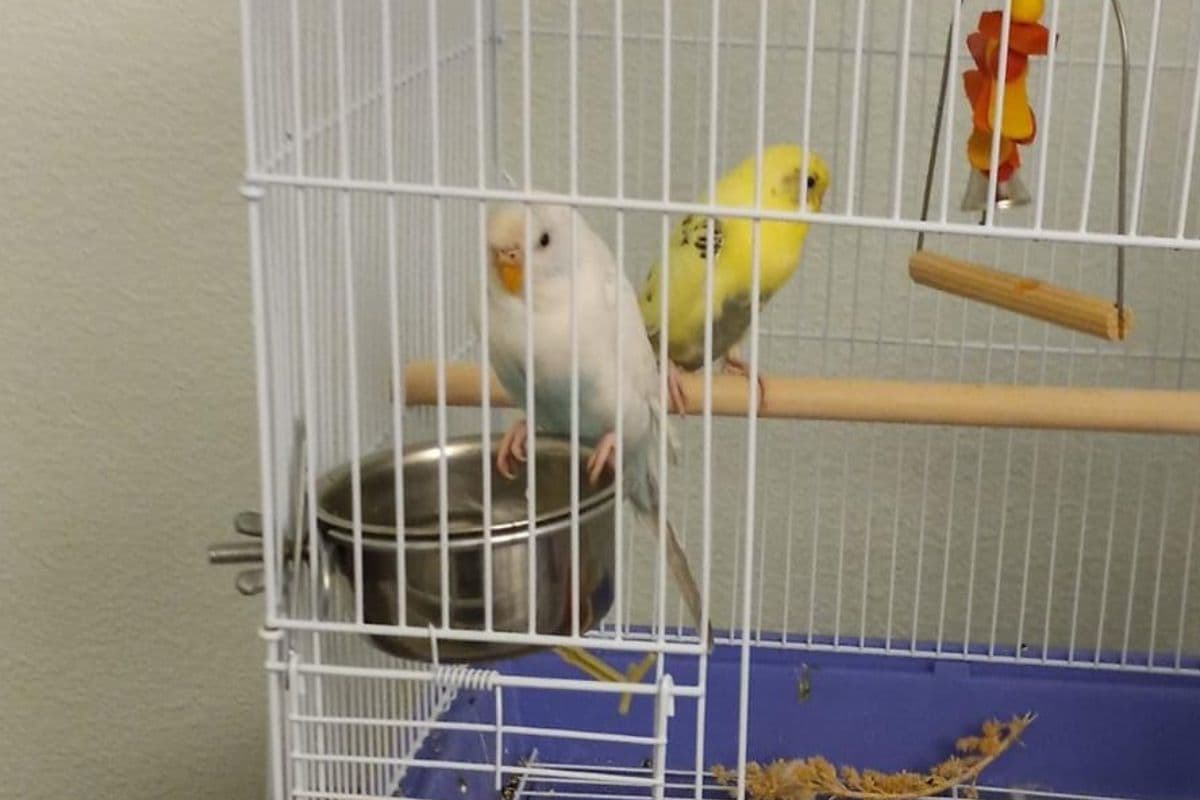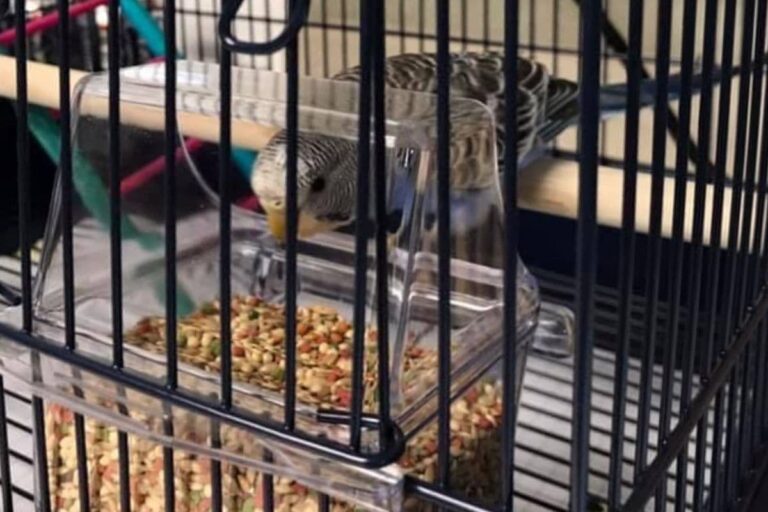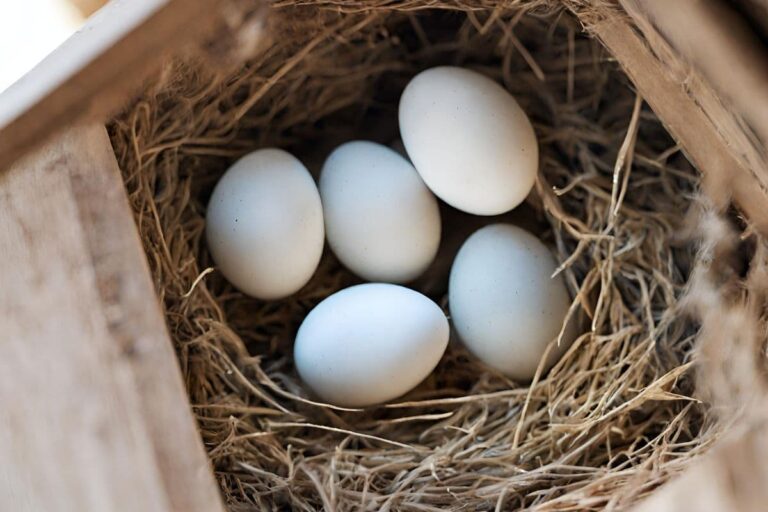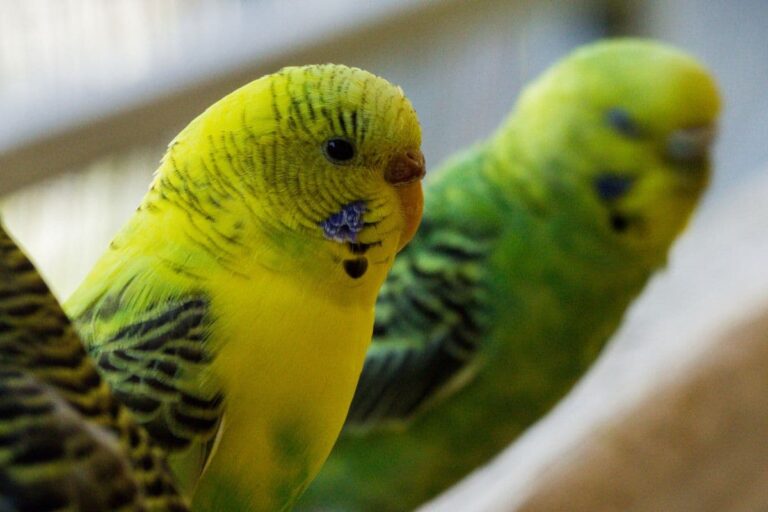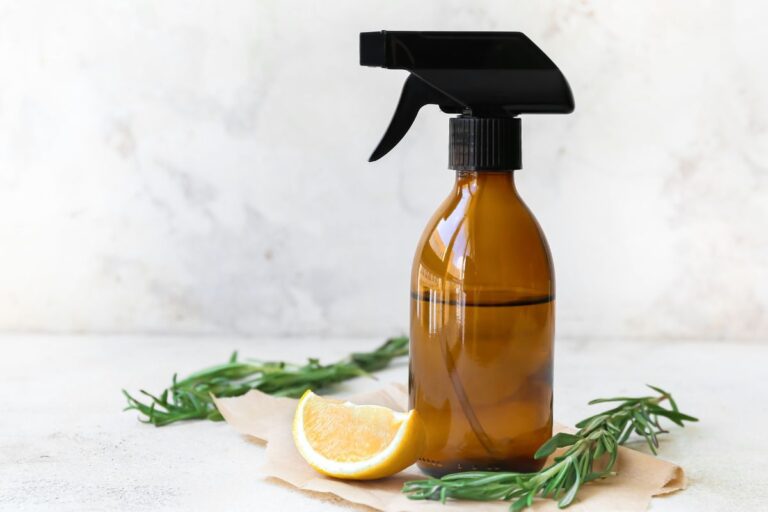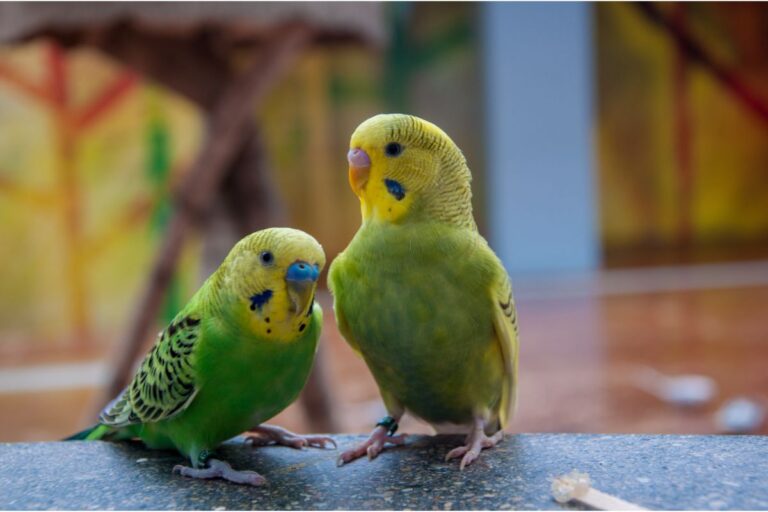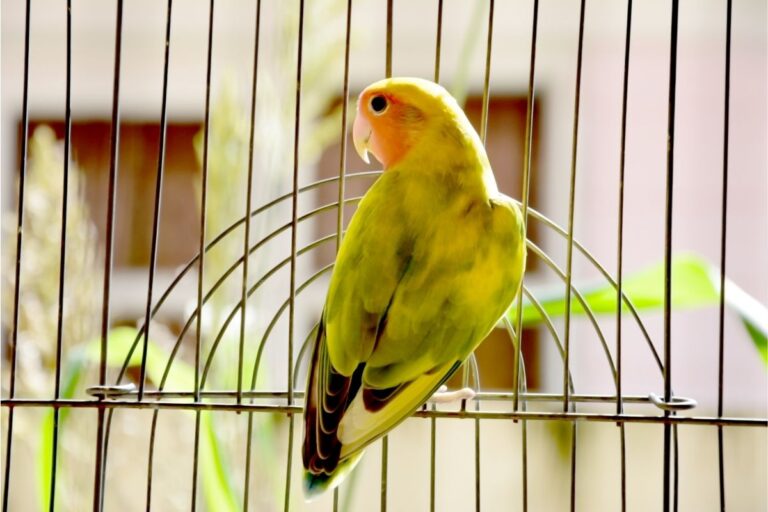Why Do Parakeets Poop in Their Water Bowl
Disclosure: The opinions expressed in this post are my own. This post may also contain affiliate links, which means that I will receive a commission if you decide to purchase through my links, at no additional cost to you. As an Amazon Associate, I earn from qualifying purchases.
Have you ever noticed that your parakeet seems to have a strange habit of pooping in its water bowl? It can be quite puzzling and frustrating, especially when you have to constantly clean and refill the bowl. But fear not, there is a reason behind this behavior and understanding it can help you find a solution.
Parakeets are known for their quirky and sometimes perplexing behaviors, and pooping in their water bowl is just one of them. Parakeets may become territorial in certain situations. However, unlike dogs, they do not often use their feces to mark their territory. In the wild, birds often defecate in communal areas, such as nests or perching spots, to keep their living spaces clean and hygienic. By pooping in their water bowl, parakeets may be instinctively trying to maintain a sense of cleanliness and order in their cage.
In this article, we will look into more reasons why parakeets poop in their water bowl and explore some strategies to prevent this behavior. By understanding their natural instincts and providing appropriate alternatives, you can create a healthier and more comfortable living environment for your feathered friend.
Why Do Parakeets Poop in Their Water and Food Bowl?
Parakeets are known for their quirky behaviors, and one of them is pooping in their water and food bowls. While it may seem gross or unhygienic to us, there are actually a few reasons why parakeets engage in this behavior.
1. Their Way of Keeping Their Space Clean
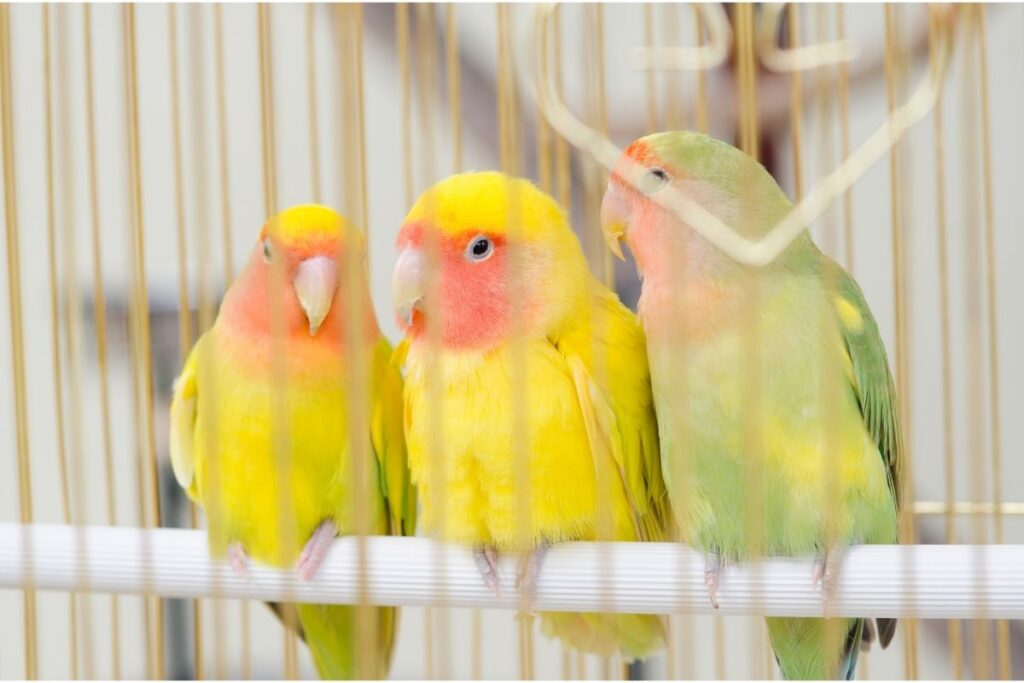
In the wild, parakeets live in trees and their droppings fall to the ground, away from their living area. However, in captivity, their living space is limited to a cage, and they don’t have the luxury of a separate area for their waste. By pooping in their water bowl, parakeets are essentially creating a designated area for their waste, separate from their food and perching areas.
Parakeets are naturally clean animals and prefer to keep their living space tidy. By pooping in their water dish or bowl, they are ensuring that their waste is contained and doesn’t mix with their food or perching area. This behavior can be seen as a way for them to maintain a sense of cleanliness and hygiene in their limited living space.
Additionally, parakeets are intelligent creatures and can learn from their own behaviors. If they notice that their droppings fall into their water or food dish, they may continue to use it as a designated waste area to avoid soiling other parts of their cage.
While this behavior may seem unusual to us, it is important to understand that parakeets have their own unique ways of maintaining cleanliness in their environment. As responsible pet owners, it is our duty to provide them with a clean and comfortable living space, including regularly changing and cleaning their water bowl with soapy water to ensure a consistent supply of fresh water for their health and well-being.
2. They Defecate Randomly, Which Could Result in It Ending Up in Their Bowls
While trained parakeets are generally tidy, it’s important to remember that they are animals and may not adhere to the same cleanliness standards as humans.
Parakeets have a fast metabolism, which means they need to eliminate waste frequently. This leads to unpredictable bowel movements, and sometimes, those movements can end up in their water bowl. It is important to note that parakeets do not intentionally poop in their water bowl, but rather, it is a result of their natural bodily functions.
Another factor that contributes to this behavior is the size and placement of the water bowl. Parakeets are small birds, and their aim may not always be accurate. If the water bowl is too close to their perching area or if it is too small, there is a higher chance of them accidentally defecating in it.
To prevent this from happening, it is essential to regularly clean and change the water in the bowl. Hygiene is crucial for the health and well-being of your parakeet. Moving their water bowl away from their perching area can also help reduce the chances of them pooping in it.
3. Coprophagia / Coprophagy
Coprophagia, also known as coprophagy, is a behavior observed in some parakeets where they eat their own feces. While it may seem disgusting to us, this behavior actually serves a purpose for these birds.
- Nutritional Benefit: One reason parakeets engage in coprophagia is to obtain certain nutrients that may not have been fully absorbed during the initial digestion process. By re-consuming their feces, parakeets are able to extract additional vitamins, minerals, and proteins from their waste. This is especially important for birds in the wild, as it allows them to make the most out of their limited food resources.
- Gut Health: Parakeets have a unique digestive system that includes a specialized structure called the ceca. The ceca houses beneficial bacteria that aid in the breakdown of complex carbohydrates and fiber. By consuming their feces, parakeets are able to reintroduce these bacteria into their digestive system, promoting a healthy gut flora.
- Behavioral Instinct: Coprophagia is also believed to be an instinctual behavior inherited from their wild ancestors. In the wild, parakeets often nest in tree cavities or other confined spaces. By consuming their feces, they can keep their nest clean and minimize the risk of attracting predators or spreading diseases. This behavior helps maintain a hygienic and safe environment for themselves and their offspring.
It is important to note that not all parakeets engage in coprophagia, and it is more commonly observed in younger birds. If you notice excessive or abnormal coprophagia in your pet parakeet, it is advisable to consult with a veterinarian. They can assess your bird’s overall health and provide guidance on any necessary dietary adjustments or behavioral interventions.
4. Out of Boredom or Curiosity
It is also possible that parakeets poop in their water bowl out of boredom or curiosity. These birds are intelligent and active creatures, and they may engage in this behavior as a form of entertainment or exploration. It could be their way of testing the boundaries and seeing how their actions affect their environment.
5. On Occasion, As a Way to Mark Their Territory
A less common but possible reason why parakeets occasionally poop in their water bowl is to mark their territory. When living communally with others, some parakeets feel the need to establish their own territories within their habitat. By leaving their droppings in their water bowl, they are essentially claiming that space as their own.
Is It Normal Behavior For Parakeets To Eat Their Own Poop?
While it may not be the most pleasant behavior to witness, it is perfectly normal for parakeets. In fact, it is believed to be an instinctual behavior that has been passed down through generations.
So, if you notice your parakeet engaging in this behavior, there’s no need to worry. It’s just their instinct of taking care of their health and ensuring they get the most out of their food.
How to Prevent Your Bird From Pooping the Water?
Nobody wants to deal with bird poop in their pet’s water bowl. Luckily, there are a few simple steps you can take to prevent your bird from pooping in their water.
1. Make Sure Their Water Bowl is Away from Their Perch
To prevent your parakeet from pooping in their water bowl, make sure it is placed away from their perch. Parakeets tend to poop where they perch, so by positioning their water bowl in a different location, you can encourage them to keep their bathroom habits separate from their drinking water.
2. Provide Them a Separate Designated Area for Their Bathroom Needs
By setting up a specific spot for them to do their business, you can keep their water clean and avoid any unwanted surprises. This can be as simple as placing a small dish or tray filled with bird litter in a corner of their cage.
3. Use a Bird Water Feeder / Dispenser or Hooded Water Bowl
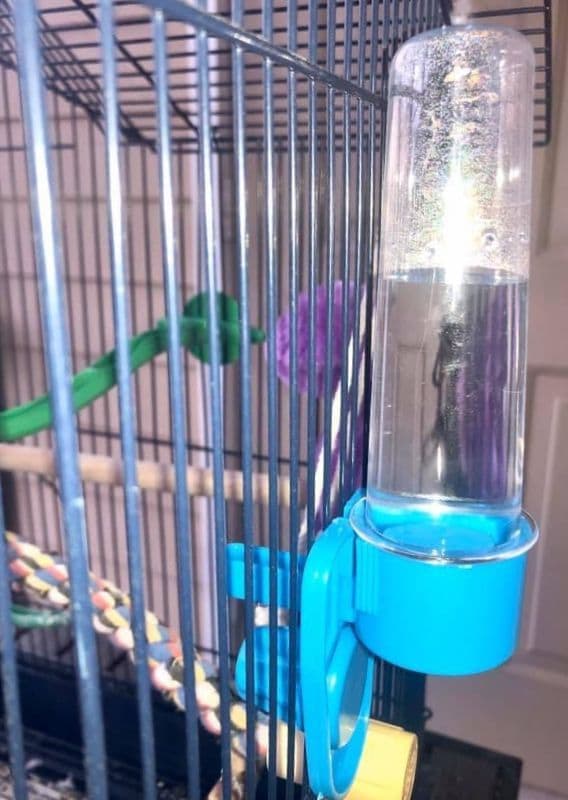
If you’re tired of constantly cleaning your parakeet’s water bowl, then it’s time to try a water bottle designed for birds, or a hooded water bowl. This genius invention will prevent your feathered friend from turning their water into a personal bathroom.
- Bird Feeder & Water Cup: This clean cup for bird cages is easy to attach with a screw-on design, fitting most all bird cages with vertical and horizontal bars. It can easily be removed & refilled for a clean supply of food or water. Ships in assorted colors.
- Ideal For Small Sized Birds: The easy to wash pet bird accessory for cages is suitable for parakeets, canaries, and other small birds. The clear hood also makes birds feel comfortable while feeding. 9” L x 3” W x 6”
Prices pulled from the Amazon Product Advertising API on:
Product prices and availability are accurate as of the date/time indicated and are subject to change. Any price and availability information displayed on [relevant Amazon Site(s), as applicable] at the time of purchase will apply to the purchase of this product.
4. Regularly Change The Water In The Bowl To Discourage Your Parakeet From Treating It As A Toilet
Regularly changing the water in your parakeet’s bowl is a simple and effective way to discourage them from using it as a toilet. By keeping the water fresh and clean, you create a less appealing environment for your parakeet to relieve themselves in.
Parakeets are intelligent creatures and they quickly learn to associate certain areas or objects with their bathroom habits. By consistently providing fresh water and removing any soiled water, you send a clear message to your parakeet that the water bowl is not a suitable place for them to do their business.
5. Train Your Parakeet to Understand That the Water Bowl is For Drinking Only
Training your parakeet to understand that the water bowl is for drinking only is an essential step in maintaining a clean and hygienic environment for your feathered friend. By consistently reinforcing this behavior, you can ensure that your parakeet doesn’t confuse the water bowl with a toilet.
With patience and positive reinforcement, you can teach your parakeet to respect the purpose of the water bowl and keep their living space clean.
Is It Safe for Parakeets to Poop in Their Water or Food?
While a one-off occurrence of parakeets pooping in their water or food may be fine, it is not ideal for their health and hygiene in the long run. Parakeet droppings contain bacteria and other microorganisms that can contaminate their water or food, leading to potential health issues. Let’s look into it in more detail.
- Bacterial contamination: Parakeet droppings contain bacteria and other microorganisms that can contaminate their water or food. This can lead to the growth of harmful bacteria, such as E. coli or Salmonella, which can cause serious health issues for your parakeet.
- Spread of diseases: Parakeets can be carriers of various diseases, and their droppings can contain pathogens that can be transmitted to parakeets or other pets if they come into contact with contaminated water or food.
- Hygiene and cleanliness: Allowing your parakeet to poop in their water or food can compromise their overall hygiene and cleanliness. It is important to provide them with fresh and uncontaminated water and food to maintain their health and well-being.
What Happens If a Parakeet Eats Its Poop?
Once again, as a one-off occurrence, this should generally be fine. However, if your parakeet is consistently eating its own poop, it could be an indication of underlying health problems or digestive issues. Eating its own poop can also make your pet bird sick in extreme cases.
Furthermore, there’s the risk that a parakeet may consume bacteria and other microorganisms present in their droppings which can cause them to become sick, as described above.
Is It Common for Parakeets to Experience Diarrhea or Watery Stools?
It is not uncommon for parakeets to experience diarrhea or watery stools. There can be several reasons why this may occur, and it is important for bird owners to understand the potential causes and how to address them.
1. Change in Diet
If you have recently introduced new foods or treats to your bird’s diet, it could be causing an upset stomach and resulting in loose stools. It is important to introduce new foods gradually and monitor your bird’s response to ensure their digestive system can handle it.
2. Bacterial or Viral Infection
Just like humans, birds can get sick and experience gastrointestinal issues. If your parakeet’s diarrhea persists for more than a day or is accompanied by other symptoms such as lethargy or loss of appetite, it is important to consult a veterinarian for proper diagnosis and treatment.
3. Stress
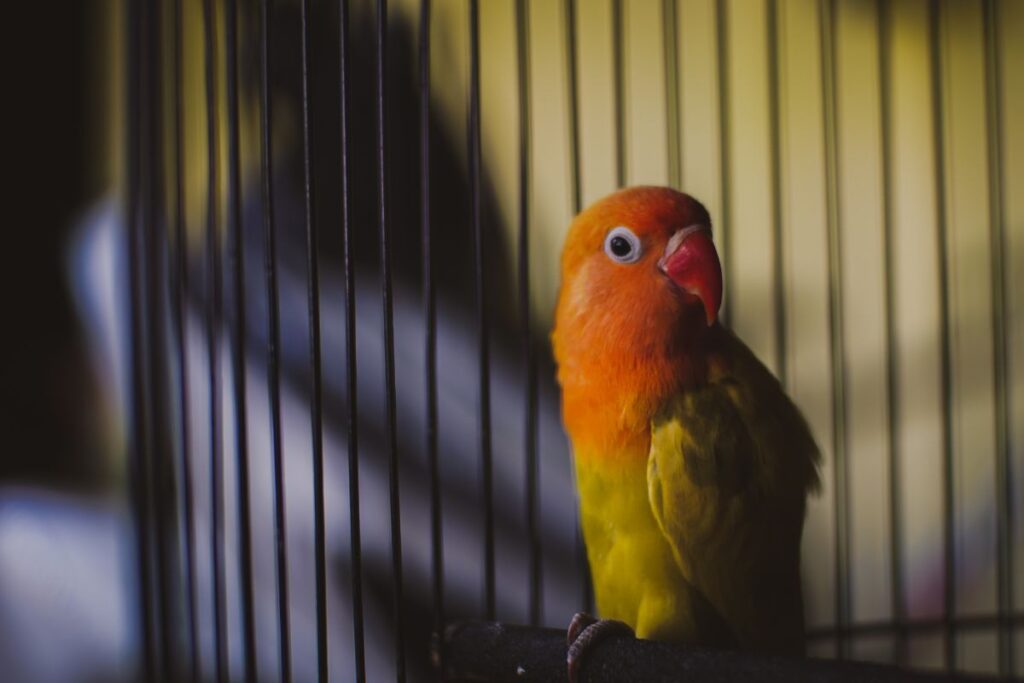
Changes in their environment, such as moving to a new cage or the introduction of a new bird, can cause stress and impact their digestive system. Providing a calm and comfortable environment for your parakeet, along with regular socialization and mental stimulation, can help alleviate stress-related diarrhea.
4. Minor Fluctuations in Digestive System
Just like humans, their digestive system can have minor fluctuations from time to time. However, if the watery stools persist or are accompanied by other concerning symptoms, it is always best to consult a veterinarian for a proper evaluation.
Can a Parakeet Be Potty Trained?
While parakeets can be trained to some extent, fully potty training them like a dog or cat is not realistic.
Parakeets are small birds that have a natural instinct to relieve themselves frequently. They do not have the same control over their bodily functions as mammals do. This means that they will poop wherever they happen to be at the time, including their water bowl.
However, with patience and consistency, you can train your parakeet to poop in a designated area outside of their cage. This can be done by observing their behavior and anticipating when they are about to relieve themselves. By placing a small tray or perch near their cage, you can encourage them to use that area instead of their water bowl.
It is important to note that accidents will still happen, and it is not realistic to expect your parakeet to never poop outside of their designated area. However, with time and training, you can minimize the mess and make clean-up easier.
Final Words
The phenomenon of parakeets pooping in their water bowl may seem odd and unpleasant to us as pet owners, but it is actually a natural behavior for these birds. While it may be frustrating to constantly clean and refill the water bowl, it is important to remember that parakeets are simply following their instincts.
Regardless of the reasons behind this behavior, it is important for parakeet owners to regularly clean and replace the dirty water with clean water in their birds’ bowl to ensure their health and well-being. By understanding and accommodating their natural instincts, we can provide a comfortable and enriching environment for our feathered friends.



